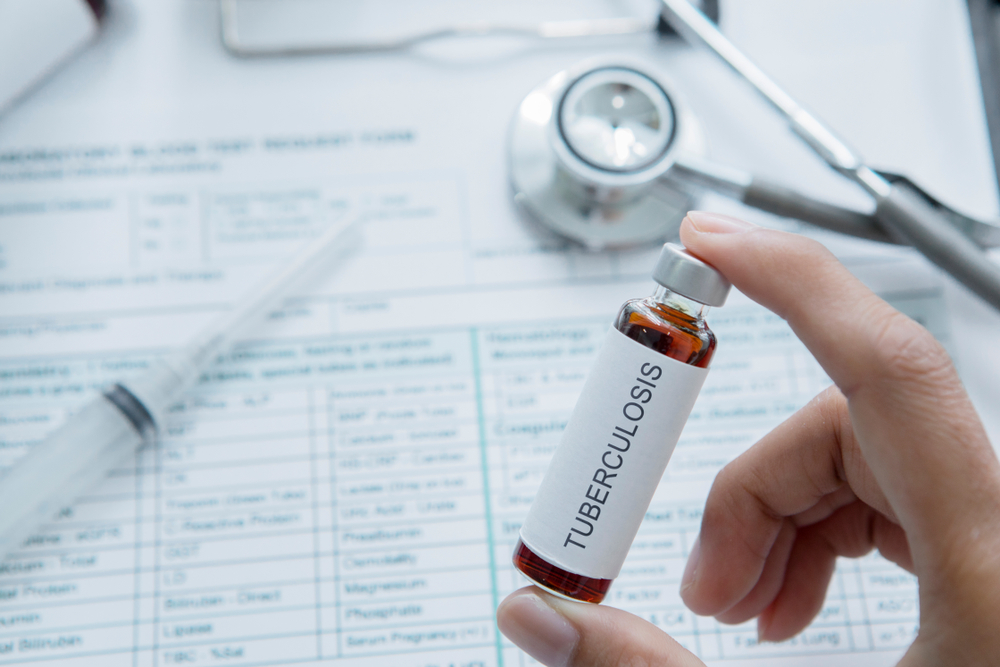
In a recent study, researchers from the University of Pittsburgh School of Medicine and the National Institute of Allergy and Infectious Diseases (NIAID) discovered that intravenous tuberculosis (TB) vaccination provided significantly greater protection than traditional injections in monkeys.
“The effects are amazing,” said Dr. JoAnne Flynn, senior author and professor of microbiology and molecular genetics at the Pitt Center for Vaccine Research. “When we compared the lungs of animals given the vaccine intravenously versus the standard route, we saw a 100,000-fold reduction in bacterial burden. Nine out of 10 animals showed no inflammation in their lungs.”
Study researchers noted that the existing vaccine methodology is not reliable and has failed to contain TB, which kills more people than any other infectious disease.
The new study, published in Nature, made use of the Bacille Calmette-Guérin (BCG) vaccine — the only commercially available TB vaccine for humans. It has been around for a century, but its efficacy varies wildly use by use, so the team divided its application into several different groups. Of the tested monkeys, they were divided into unvaccinated, standard human injection, stronger dose but same injection route, mist, injection plus mist or a stronger dose of BCG delivered as a single shot directly into the vein. After six months, all of the monkeys were exposed to TB.
The intravenous vaccine stood out by offering nearly full protection, keeping virtually all traces of TB bacteria from the lungs in all but one test subject. Those with the standard doses and other injections had persistent lung inflammation, coupled with an amount of TB bacteria in their lungs that was only slightly less than the monkeys that received no vaccine at all.
“The reason the intravenous route is so effective is that the vaccine travels quickly through the bloodstream to the lungs, the lymph nodes and the spleen, and it primes the T cells before it gets killed,” Flynn said.
Following this success, researchers intend to test whether lower doses of intravenous BCG could be similarly effective, minus side effects like temporary inflammation.




